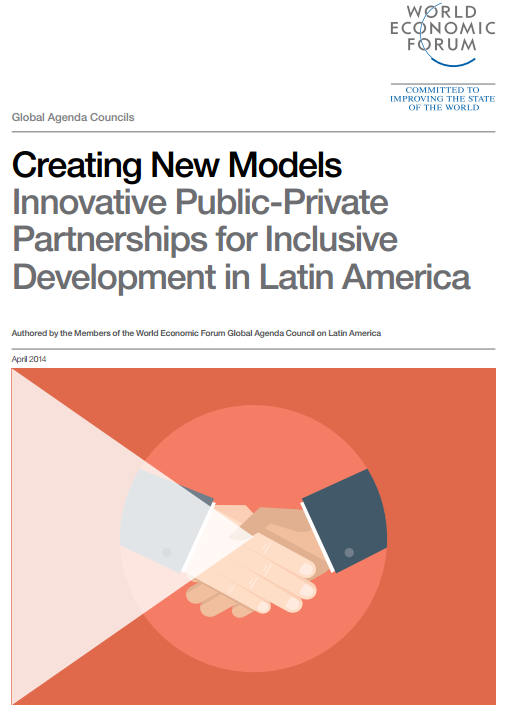934 results found
Featured results



More results
The Decision Tree Framework is a robust decision scaling approach from the World Bank that provides resource-limited project planners and program managers with a cost-effective and effort-efficient, scientifically defensible, repeatable, and clear method for demonstrating the robustness of a project to climate change.

The report analyzes how regional connectivity and economic integration between South Asia and Southeast Asia can benefit the regions in terms of economic growth through infrastructure.

The LPI provides valuable information for policymakers, traders, and other stakeholders, including researchers and academics, on the role of logistics for growth and the policies needed to support logistics in areas such as infrastructure planning, service provision, and cross-border trade and transport facilitation.

Connections is a series of concise knowledge notes from the World Bank Group’s Transport and ICT Global Practice. Connections discusses projects, experiences, and front-line developments in Transport and ICT. This set includes notes from 2015 and 2016.


This publication consists of analysis on the relationship between GDP growth and traffic growth and converting emerging market growth into investment opportunities.


This publication is an assessment of the rationale for coordination between various healthcare and pension policies to better manage the cost of ageing.

This technical note contains a methodology to promote the use of good corporate governance practices for water and sanitation enterprises (especially SOEs) in Latin America and the Caribbean, based on IDB experiences and other relevant cases from network utilities.


This simple and free tool enables project proponents to easily conduct early-stage cost-benefit analyses of bus transport projects.


This report outlines an approach to country platforms to help channel technical assistance and public and private finance to emerging and developing countries in order to support the achievement of net zero targets.


The Global Agenda Council on Latin America have illustrated, through a series of brief case studies, the creativity and commitment displayed throughout the region in the design and execution of innovative public-private partnerships.


In this blog, Svetlana and Roberto discuss the major cross-border projects currently being planned and delivered with Russia’s involvement, and the importance of comprehensive quality assessment in delivering these projects. Their discussion practically illustrates several elements of successful cross-border project delivery that are detailed in the GI Hub’s cross-border reference guide, Connectivity Across Border.
Decentralised microgrids enable 'prosumers' to trade their surplus energy, resulting in reduced cost, increased use of renewables, and reduced demand on the energy grid.
This publication gives an overview of ADB's Philippine Infrastructure for Rural Productivity Enhancement Sector Project the paper argues this has improved access to infrastructure, potable water supply, and communal irrigation for the rural poor.

Infrastructure definitions and classifications (taxonomies) have a huge impact on how much gets invested in infrastructure and what types of infrastructure get this investment. This week the G20 and GI Hub held a roundtable on infrastructure taxonomies to explore how they can be used to help close the infrastructure investment gap.
The participants of the second Regional Roundtable on Infrastructure Governance held in Côte D’Ivoire last week reinforced the need for good governance across all stages of infrastructure delivery. The Regional Roundtable was the second of its kind, with the first held in South Africa in November 2017.
Talk of trade tariffs and heightened geopolitical tensions are dominating news headlines recently. As developed economies consider escalating protectionist policies, it’s easy to forget about the situation many emerging markets face.
An industry event about the need to attract private capital and develop infrastructure as a standalone asset class is nothing new. However, the G20 Infrastructure Financing Seminar that took place in London last week was unique in that it had the most wide-ranging and intense interactions between governments and the private sector that I have seen to-date.
This paper uses a standardised measurement framework of development effectiveness, econometric analysis and case studies to assess the performance of African countries in terms of aid effectiveness in the water sector.

While the infrastructure financing gap is huge, one of the main constraints to infrastructure development is not a lack of finance, but instead, a lack of well-prepared, bankable infrastructure projects.



 Connectivity Across Borders: Global practices for cross-border infrastructure projects
Connectivity Across Borders: Global practices for cross-border infrastructure projects








